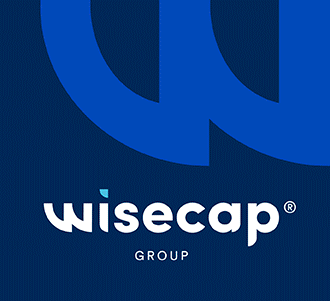When Nectar started up its first production line for processing fruit juice in beverage cartons 20 years ago near Novi Sad in the northwest of Serbia, there was no telling just how fast the company would develop. Five years later a factory for the production of fruit concentrates and purées was procured in Vladičin Han in the south of the country. In 2005 a PET, a glass and a canning line were added to the machine park, with new beverage carton lines following soon after. In 2008 Nectar became the majority owner of the Heba mineral water bottling plant in Bujanovac, also in the south of Serbia, and since 2011 Nectar has owned Fructal, a Slovenian processor of fruit with over 70 years of tradition under its belt.
Nectar is now a veritable model company as demonstrated among other things by it being awarded the title of best corporate brand in Serbia in 2013. No competitor covers all stages of the value chain as thoroughly as Nectar: from its own plantations through purchasing, fruit processing and cooperation with fruit farmers to the finished product. Its high standards are expressed by the Serbian ‘nije svejedno’ which translates into English as ‘it does matter’. The company, famous well beyond the Balkan region, makes good use of this slogan and its marketing campaign emotionally explains that it does matter what we drink and what we look forward to. As one would therefore expect, great attention is paid to product quality and food safety here. Until very recently sensitive products were pasteurized and filled with the help of ultraclean filling technology (UCF), where overpressure is applied to the filling and capping zone. The air is fed in through filters to prevent any possible microbiological contamination. In addition, the empty bottles are first filled with nitrogen to improve the microbiological quality of the filling process. In order to satisfy its own growing demand for quality, Nectar has now opted for aseptic filling. This allows its range of products to be considerably expanded – both with regard to the fruit content and the various flavors and product variants in all categories. “For us, the most important thing is that we can now carry out this process under sterile conditions,” smiles production manager Milka Tomanović. “This retains the natural properties of the fruit. We have a better quality of final product and can offer greater microbiological quality over a longer period.”









